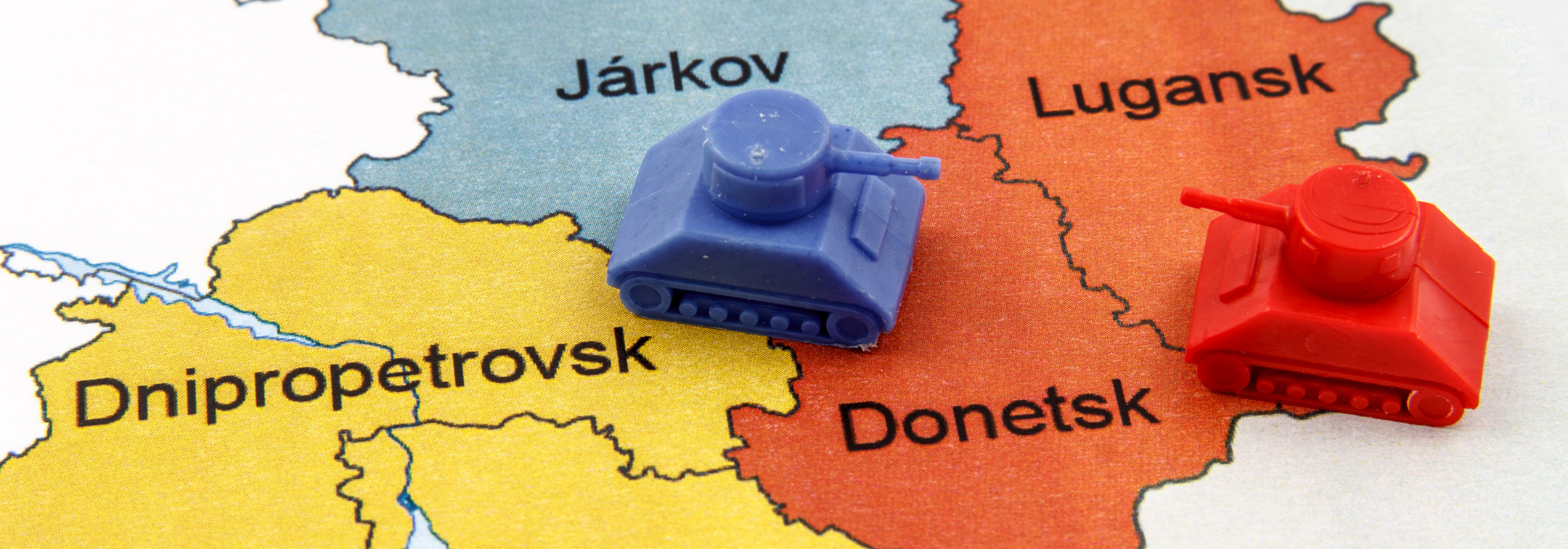
Import Policy
The Ministry of Economy implements the new import policy, determined in Government Resolution 2318, by the Ministry’s Commissioner of Import.
The Chief Economist’s report of December 2016 indicates that in comparison to OECD countries, the Israeli market has a low degree of exposure to import. As of 2014, Israel is 106 out of 140 global economies in the exposure to import index (out of the Global Financial Forum).
Comparing scope of import in relation to economy, import in Israel is at 20%, compared to the OECD average of 27%. Moreover, comparing the scope of import out of the consumption basket, import is about 10% of the Israeli household’s consumption basket, compared to 19%.
This policy is guided by the view that free trade increases competition and improves the allocation of resources in the market. Therefore the policy’s purpose is to significantly simplify import processes, and to decrease import costs specifically and cost of living in general.
Contacting the Import Commissioner
The Commissioner of Import in the Ministry of Economy and Industry – Mr. Anwar Hilaf. The Commissioner cooperates with all government ministries in charge of the competent import authorities.
More articles on the subject ...


The Importer’s Practical Guide
The process of importing to Israel includes a series of measures, which you, as an importer, should be familiar with before executing an import transaction.


Customs Release Process- All The Essential Documentation For Importers
Any imported commercial product arriving in Israel is required to complete a customs release process. We recommend that you consult a suitable professional in order


An EU approach to enhance economic security
The European Commission and the High Representative today published a Joint Communication on a European Economic Security Strategy. This Joint Communication focuses on minimising risks


Wartime macroeconomics
A fresh supply shock stemming from the war in Ukraine will deal a blow to the economic recovery from COVID-19. The energy and food sectors


Services trade liberalised in 2021
OECD Services Trade Restrictiveness Index (STRI): Policy trends up to 2022 shows that liberalisation outpaced new restrictions during the past year, as the erection of new barriers


Economic and Social Impacts and Policy Implications of the War in Ukraine
The war Russia is waging in Ukraine is a humanitarian disaster. Beyond this, the economic damage is already being felt worldwide and risks becoming increasingly























